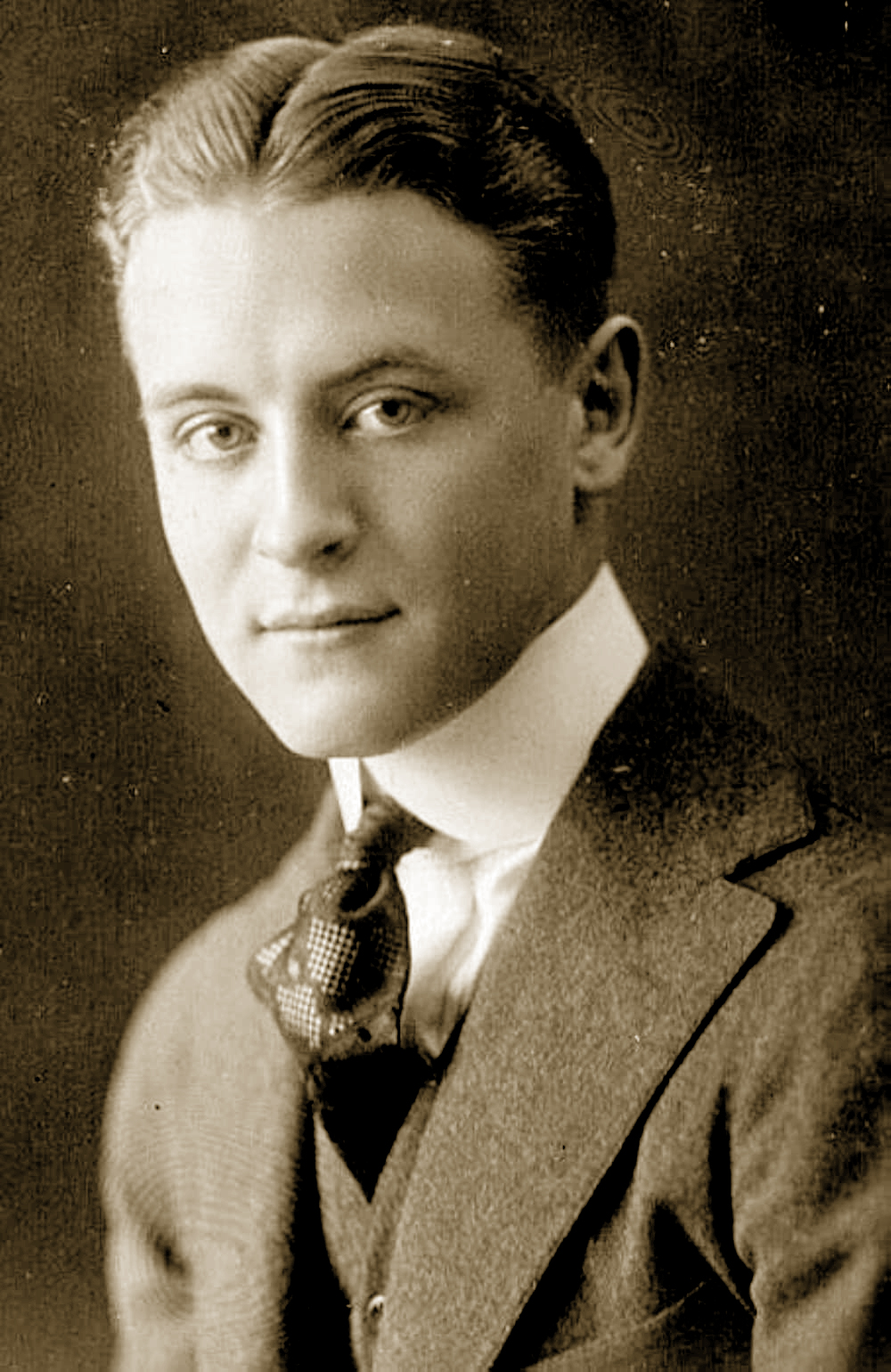Francis Scott Key Fitzgerald, known as F. Scott Fitzgerald, was an American author and one of the most celebrated voices of the Jazz Age. Born on September 24, 1896, in St. Paul, Minnesota, Fitzgerald’s works captured the essence of the Roaring Twenties, with its extravagant lifestyles, social upheaval, and disillusionment. This biography explores Fitzgerald’s life, his literary achievements, and his lasting impact on American literature.
Fitzgerald grew up in an upper-middle-class family and received a quality education. After attending the Newman School and the St. Paul Academy, he enrolled at Princeton University, where he honed his writing skills and developed a love for literature. However, Fitzgerald’s academic performance suffered, and he joined the army to fight in World War I before completing his degree.
In 1920, Fitzgerald published his first novel, “This Side of Paradise,” which catapulted him to literary fame. The novel, drawing on his own experiences, explored themes of youth, love, and disillusionment, resonating with a generation eager to break free from traditional social norms. Its success established Fitzgerald as a prominent voice of his time, capturing the aspirations and struggles of the post-war era.
Fitzgerald’s most famous work, “The Great Gatsby” (1925), is considered a masterpiece of American literature. Set in the lavish world of the wealthy elite on Long Island, the novel delves into the themes of the American Dream, the allure of wealth, and the moral decay that often accompanies it. Through the enigmatic character of Jay Gatsby, Fitzgerald exposes the emptiness and fleeting nature of material success, creating a profound commentary on the human condition.
While “The Great Gatsby” received mixed reviews upon its initial release, it has since been recognized as a literary classic and an essential portrayal of the Jazz Age. Fitzgerald’s elegant prose, vivid descriptions, and complex characters make the novel a timeless exploration of love, desire, and the pursuit of a dream that always seems just out of reach.
During the 1920s, Fitzgerald and his wife, Zelda, became known as the quintessential couple of the Jazz Age. Their extravagant lifestyle, fueled by excessive partying and conspicuous consumption, seemed to mirror the excesses of the era. However, beneath the surface glamour, their lives were marred by financial difficulties, personal struggles, and the effects of alcoholism.
Fitzgerald’s later works, such as “Tender Is the Night” (1934), drew from his own tumultuous relationship with Zelda and explored themes of mental illness, love, and the decline of the American Dream. Despite receiving mixed critical reception, Fitzgerald’s writing continued to captivate readers with its lyrical prose and poignant reflections on the complexities of human relationships.
Tragically, Fitzgerald’s career experienced a decline in the 1930s, and he struggled to recapture the success he had enjoyed earlier in his life. Personal challenges, including Zelda’s deteriorating mental health and his own struggles with alcoholism, took a toll on his creativity and overall well-being.
Fitzgerald passed away on December 21, 1940, at the age of 44, leaving behind a body of work that would secure his place as one of America’s greatest authors. Although his literary success was not fully recognized during his lifetime, his works gained posthumous acclaim and continue to be celebrated for their insightful social commentary, evocative prose, and vivid depiction of an era.
Scott Fitzgerald’s impact on American literature is immeasurable. His portrayal of the Jazz Age and its contradictions, as well as his exploration of the human desire for success and happiness, resonate with readers across generations. Fitzgerald’s ability to capture the essence of an era defined by excess, disillusionment, and the pursuit of the American Dream solidifies his status as a literary icon. His works remain timeless reminders of the complexity and fragility of the human experience, standing as a testament to his enduring talent and literary legacy.










